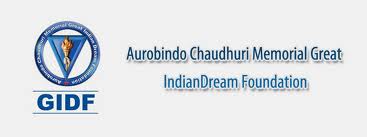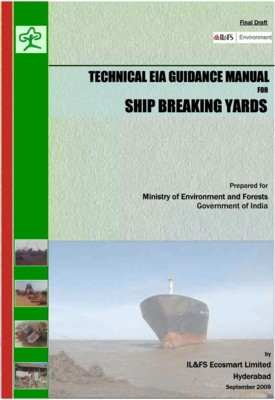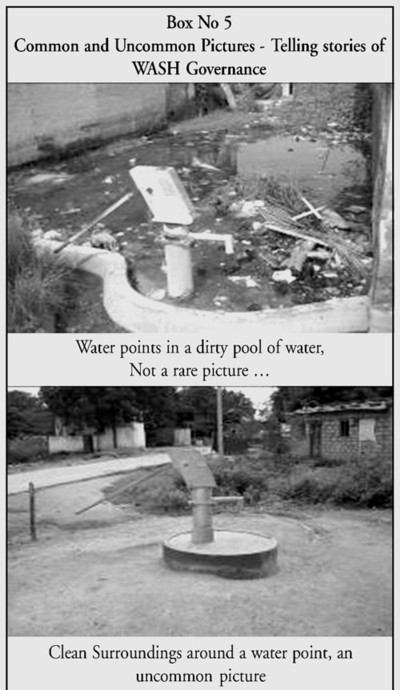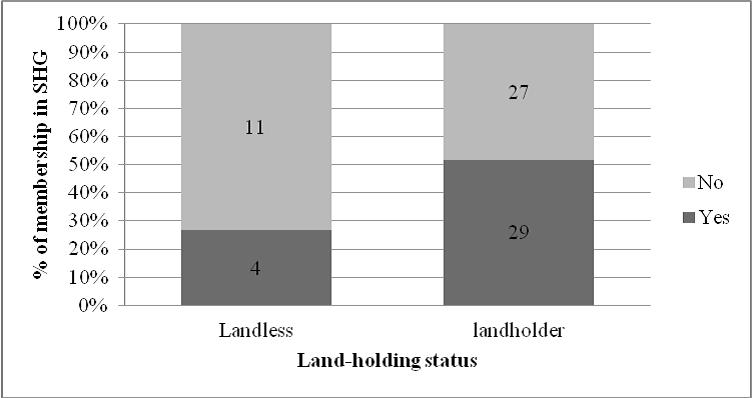/topics/governance
Governance
"In search of old ideas" - A discussion of the draft national water policy 2012, by Jayanta Bandopadhyay in The Telegraph
Posted on 22 Feb, 2012 05:05 PMAuthor: Jayanta Bandopadhyay
Article and image courtesy: The Telegraph
New water policy more contentious; least helpful in tackling existing issues
Posted on 22 Feb, 2012 12:34 PMAuthor : Dr. Arvind Kumar
ACMGIDF invites applications for Project Executive-Livelihood, Jaipur, Rajasthan - Apply by February 26, 2012
Posted on 22 Feb, 2012 09:23 AMContent courtesy: DevNetJobsIndia

ACM GIDF works across India, and integrate in all our projects all four key sectors that lead to growth – education, health, livelihood and Environment.
Rural water access: Governance and contestation in a semi-arid watershed in Udaipur, Rajasthan: A paper in EPW
Posted on 21 Feb, 2012 05:19 PMStudy area
This study is carried out in micro-watershed No.19, which comprises six villages in Jhadol tehsil of Udaipur district in Rajasthan. A minor irrigation project completed in 1980 serves these six villages
Rainfall, storage levels in reservoir and groundwater use
India Water Portal is looking for content writers and publishers, based anywhere in India - Apply by 15 March 2012
Posted on 20 Feb, 2012 10:09 PMThe India Water Portal is an open, inclusive web-based platform for sharing water management knowledge amongst practitioners and the general public. It aims to draw on the rich experience of practitioners and citizens who have worked on water issues and themes, and use the internet to disseminate this information and knowledge, to a wider audience.
The Portal effort has grown significantly since its launch in 2007, and we are now looking for more people to join and help us expand our work.
Title of the position
Content writer / publisher - India Water Portal.
Nature of position
The position is on a part-time, consultancy basis, working from home. You must be able to put in at least 30 hours of work every week (120 hours a month). Work timings within the day are flexible.
After a 3-month induction period, your appointment will be confirmed for one year, and can be extended.
India Water Portal is looking for content writers and publishers, based anywhere in India - Apply by 15 March 2012
Posted on 20 Feb, 2012 10:09 PMThe India Water Portal is an open, inclusive web-based platform for sharing water management knowledge amongst practitioners and the general public. It aims to draw on the rich experience of practitioners and citizens who have worked on water issues and themes, and use the internet to disseminate this information and knowledge, to a wider audience.
The Portal effort has grown significantly since its launch in 2007, and we are now looking for more people to join and help us expand our work.
Title of the position
Content writer / publisher - India Water Portal.
Nature of position
The position is on a part-time, consultancy basis, working from home. You must be able to put in at least 30 hours of work every week (120 hours a month). Work timings within the day are flexible.
After a 3-month induction period, your appointment will be confirmed for one year, and can be extended.
India Water Portal is looking for editors, based in East and North-east India - Apply by 15 March 2012
Posted on 20 Feb, 2012 08:27 PMThe India Water Portal is an open, inclusive web-based platform for sharing water management knowledge amongst practitioners and the general public. The Portal effort has grown significantly since its launch in 2007, and we are now looking for more people to join and help us expand our work.
Title of the position
Editor - India Water Portal.
Nature of position
The position is on a part-time, consultancy basis, working from home. You must be able to put in at least 25 hours of work every week (100 hours a month). Work timings within the day are flexible.
After a 3-month induction period, your appointment will be confirmed for one year, and can be extended.
Towards greener development: EIA sector specific manuals brought out by the Ministry of Environment and Forests
Posted on 19 Feb, 2012 07:20 PMThese manuals are aimed at expert appraisal committees, and hope to improve the quality of appraisal of projects. These will also provide a template for use by organisations and consultants developing the EIA reports.
Understanding governance in WASH sector in Andhra Pradesh - A study by WASSAN
Posted on 18 Feb, 2012 03:38 PMProblems in the water, sanitation and hygiene (WASH) sector have their roots in socio-political issues rather than in technology. This paper presents the report of a survey in 107 villages in rural Andhra Pradesh to illustrate the influence of governance systems.

Social exclusion in watershed development: Evidence from the Indo-German watershed development project in Maharashtra - A LEAD paper
Posted on 18 Feb, 2012 03:08 PMMarginalized communities are excluded from a say in the creation of policies.






